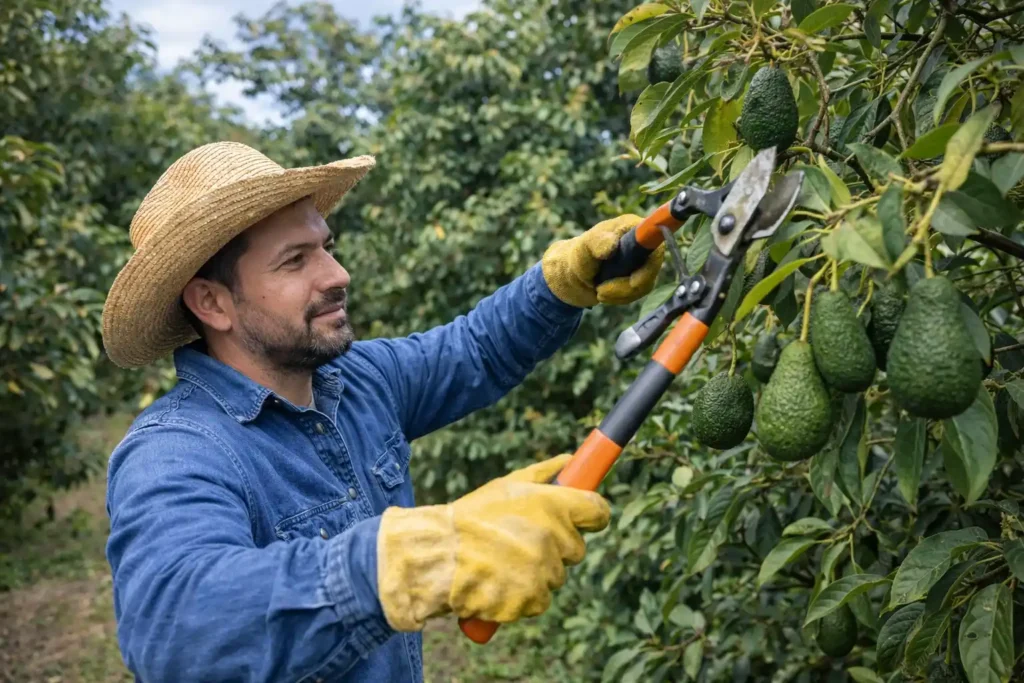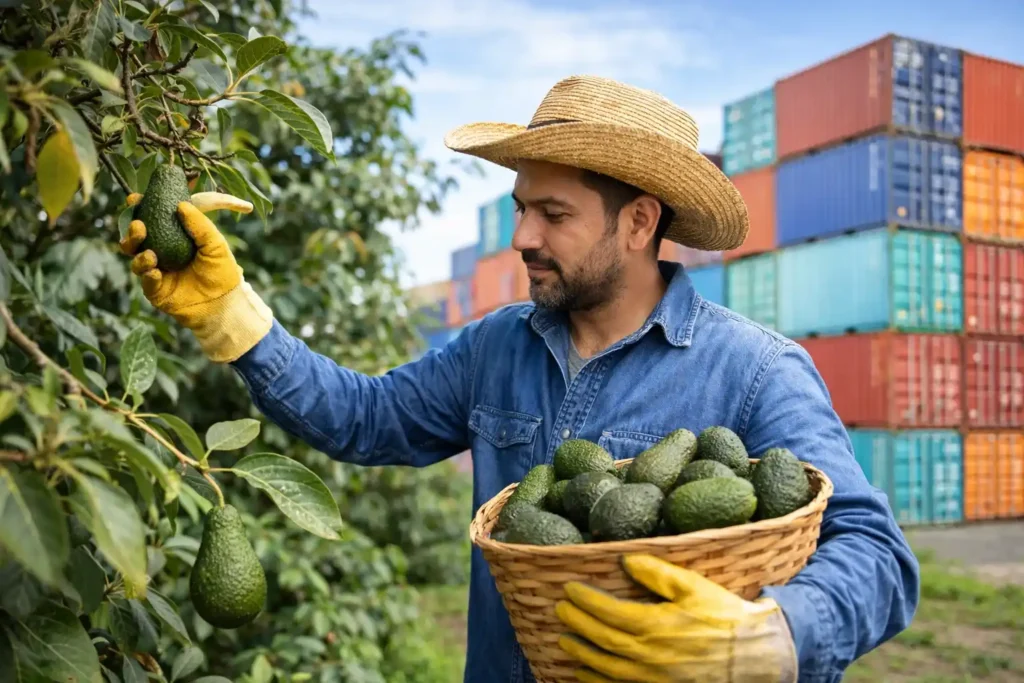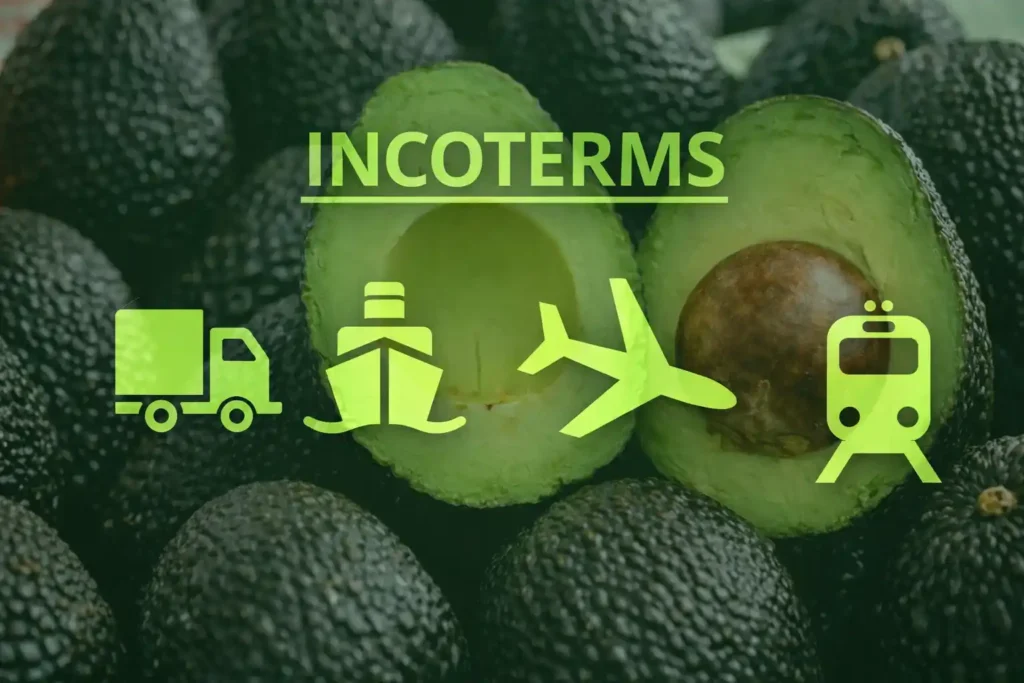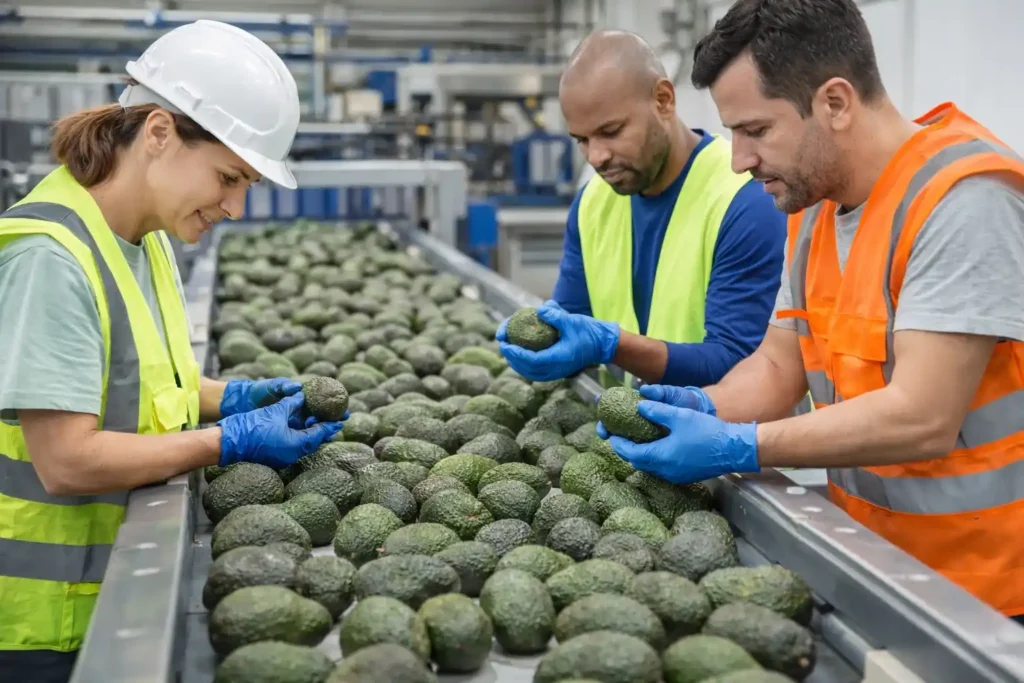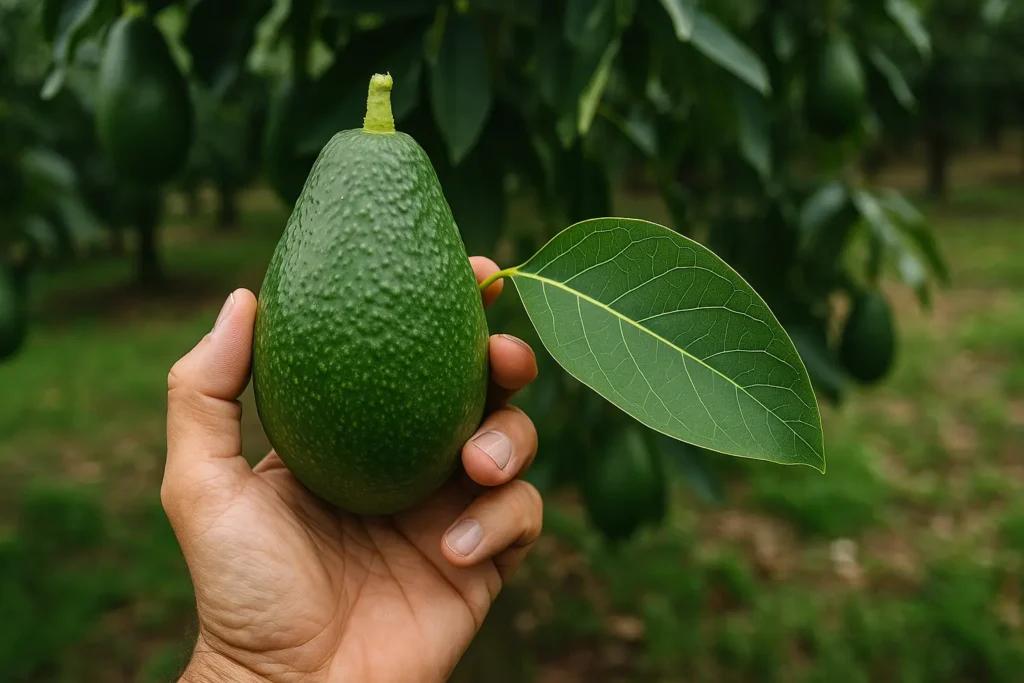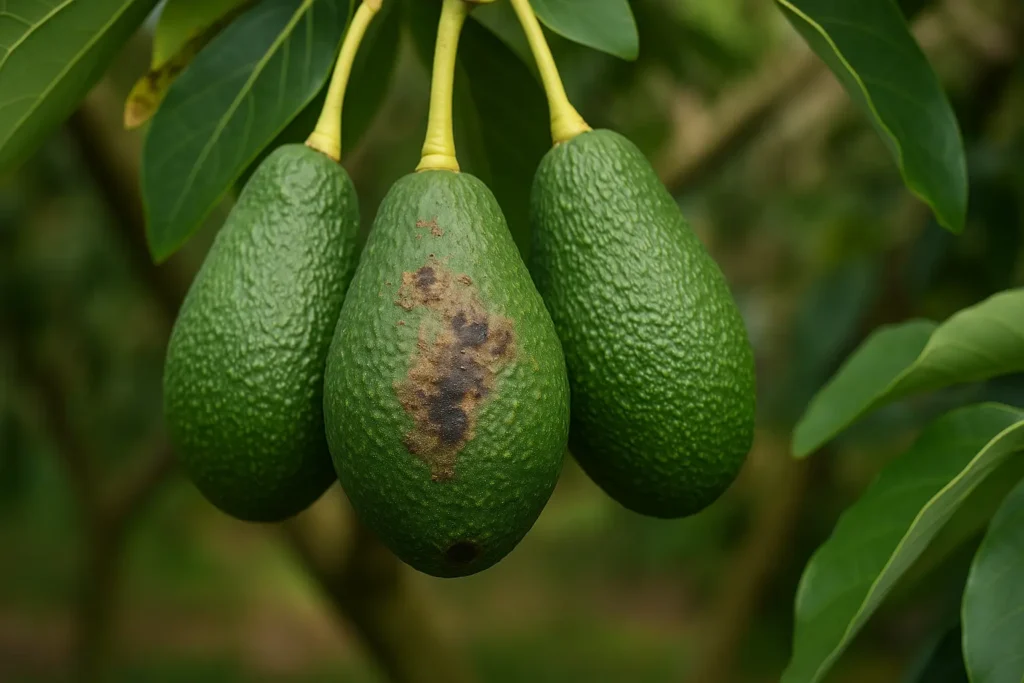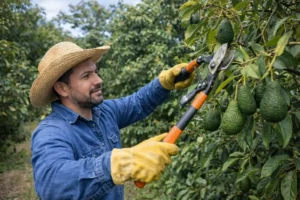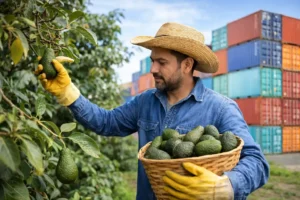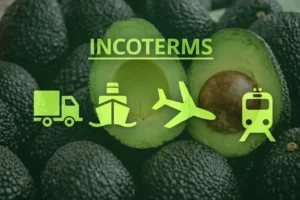The Colombian Hass avocado has become a star product in international markets, known for its exceptional quality and incomparable flavour. This fruit has won over consumers all over the world, but what characteristics must it meet to ensure its success in export?
In this article, we will explore the characteristics of the Hass avocado for export, from the strict quality requirements, the legal regulations that govern its trade, and the international certifications, to the sustainable practices implemented in its cultivation and the transportation processes that ensure its freshness. Find out how Frutygreen leads the way to ensure that this fruit reaches international homes in perfect condition.
1. Characteristics of the Hass Avocado for Export
To ensure that Colombian Hass avocados meet international export standards, it is important that they meet certain quality requirements. These parameters ensure that the fruit reaches consumers in optimal conditions, maintaining its freshness, flavor and unique characteristics.
- Uniform size and weight: The fruits must have a consistent size and weight, generally between 200 and 300 grams, which ensures a homogeneous experience for the consumer.
- Shell color and texture: The skin should be dark green and have a characteristic rough texture, indicating its authenticity as Hass.
- Adequate maturity: It must be exported at an optimal point of ripeness, ensuring that it reaches its destination ready for consumption, but without risk of over-ripening.
- Absence of damage and defects: Avocados should be free of bruises, blemishes, or any signs of pest or disease damage.
- Oil content: This parameter is necessary, since a quality Hass avocado has a high oil content, which contributes to its creamy and unique flavor.
2. Export regulations in Colombia
The export of Hass avocado from Colombia is regulated by strict regulations that guarantee the quality of the product and compliance with international standards. Part of the characteristics of Hass avocado for export is to ensure that the Hass avocado reaches international markets complying with all legal and commercial requirements. Some of the main regulations include:
- Registration at the ICA (Colombian Agricultural Institute): Crops must be registered and certified by the ICA, ensuring that responsible and sustainable agricultural practices are implemented.
- Labeling and packaging standards: Avocados must be packaged under hygienic conditions, with clear labels specifying origin, weight, and other required data.
- Export documentation: It includes the commercial invoice, the certificate of origin, and the phytosanitary permits, among other essential documents to comply with international trade laws.
3. International Quality Certifications
To compete in international markets, it is essential that the Hass avocado comply with certifications that support its quality and sustainability. These certifications ensure that the product meets the most demanding standards and highlight the characteristics of the Hass avocado for export that make it a world-class product.
- GlobalG.AP (Good Agricultural Practices): It guarantees that the cultivation process follows responsible and sustainable agricultural practices, meeting the requirements of the most demanding markets, such as Europe.
- HACCP (Hazard Analysis and Critical Control Points): Certifies that the handling and processing of Hass avocado are designed to prevent contamination risks, guaranteeing food safety.
- Organic certification (when applicable): For markets that demand organic products, regulations for production free of synthetic chemicals must be met, respecting natural cycles.
- Phytosanitary certifications: These ensure that the fruits are free of pests and meet the health standards required by the destination countries.
If you want to know more about these and other certifications, we recommend you visit: Certifications for Exporting Avocado.
4. Packaging and Transport for Export
The success of Hass avocados in international markets depends largely on effective packaging and transportation that preserve their characteristics and quality. The characteristics of Hass avocados for export must be protected throughout the process, ensuring that they reach the final consumer fresh and undamaged.
Specialized packaging uses materials that protect the fruit from impacts and maintain its freshness, with labels that comply with international regulations, providing clear information about the product. In addition, controlled atmosphere technologies in transportation ensure optimal levels of temperature and humidity, avoiding premature ripening or deterioration during transport. These elements, combined with efficient logistics and compliance with international regulations, are essential for the Hass avocado to conquer global markets in perfect condition.
5. Sustainability in Hass Avocado Cultivation
Sustainability is a key aspect of Hass avocado cultivation, as it seeks to protect the environment and foster social development in the producing communities. Among the most notable sustainable practices are efficient water management, using drip irrigation systems that optimize water use and reduce waste, and soil conservation through techniques such as crop rotation and the use of organic fertilizers.
Furthermore, the integration of renewable energy into agricultural operations contributes to reducing the carbon footprint, while working with local communities boosts their economic and social development. These initiatives benefit the environment and communities by ensuring that the product is sustainable and competitive in international markets.
Learn More About Hass Avocados!
At Frutygreen, we work to ensure that these characteristics of the Hass avocado are present for export in international markets. From sustainable practices to quality certifications, our commitment positions us as a benchmark in the sector. Find out more about how we bring the best of Hass avocado from our crops to your table. Explore everything we have to offer you.

